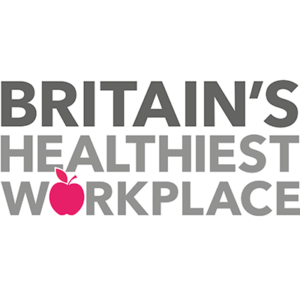 As an employer, your job adverts are a crucial part of your branding and they also strongly influence the candidate experience.
As an employer, your job adverts are a crucial part of your branding and they also strongly influence the candidate experience.
You should never underestimate the importance of taking the time to write a great ad. Below we reveal how doing so can achieve that all-important task of reducing your time-to-hire.
It sells the job
Whether it’s for perfume, a holiday, an accountant or the latest fitness plan, the job of any advert is to sell to people. A job posting is no different – its main purpose is to sell a job to potential candidates.
The better your advert, the more likely you are to attract great candidates. According to a CareerBuilder survey, a whopping 75% of candidates say they decide whether or not to apply for a job based entirely on the advert.
You can appeal to a wider audience
A badly worded listing can lose you good candidates right from the start which will naturally increase your time-to-hire.
Research from ZipRecruiterhas found that job listings with gender-neutral words attract 42% more candidates. Despite this, the finance industry is one of the worst culprits for using gendered words with 91% of businesses in finance and insurance guilty of this.
You may think that your posts are gender neutral but The Journal of Social Psychology has published a list of words which people subconsciously associate with being masculine and feminine and chances are you’re using them in your job descriptions without even knowing it.
Try to write gender-inclusive job descriptions because with a more inclusive ad, you’ll attract more applicants. Avoid using the following words:
Masculine:
- Leader
- Aggressive
- Ambitious
Feminine:
- Support
- Understand
- Affectionate
Focus on the benefits
A job advert which clearly defines the role on offer is important but also focus on employee benefits and include salary details. These simple additions will increase your ad’s response rate and with more candidates to choose from, this is highly likely to decrease the time it takes to find your perfect hire.
A competitive salary helps to attract candidates and will also filter out any applicants with unrealistic salary expectations. Additionally, it gives applicants an idea of the level of the role which means that you’re likely to end up with a greater number of more relevant candidates.
You’ll attract the right candidates for your business
Don’t just talk about what your business does. After all, candidates can easily find this information from your website. Instead, focus on your company culture, your working environment and what you’re like as an employer. This information isn’t as readily available and will be what candidates really want to know.
It will also allow potential candidates to identify whether they’d be a good cultural fit for your business or not.
If you need help finding great candidates for your roles, please don’t hesitate to get in touch with Choralis Consultingand we’ll be more than happy to help.















Join us on LinkedIn Follow us on Twitter
Follow us on Twitter 